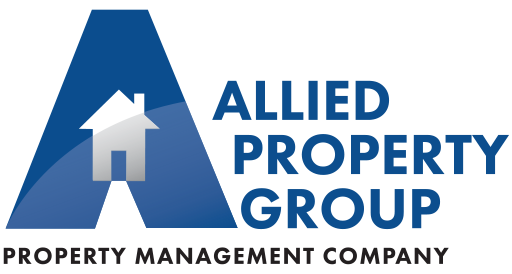By: Ana Sanchez Rivero
In 2008 Americans experienced the worst financial crisis since the Great Depression of the 1930s. The drop in real estate prices caused tremendous turmoil and had far reaching impacts worldwide. Banking and insurance institutions closed down; the largest mortgage lender and the largest savings and loan companies crumbled; and the auto industry giants had to be bailed out by the Federal Government. Hundreds of thousands of people lost their jobs and, in some cases, some lost their entire life’s savings. The economical outlook was bleak! It was no different for community associations. Many owners could no longer afford to live in their homes and stopped paying their maintenance fees. Associations’ receivables reached an all-time high and the number of foreclosures in South Florida went through the roof.
Times were tough! However, associations with a strong collection policy were able to recover. The financial crisis of 2008 caused us all to evaluate our economical situations and in some cases we had to wait for the local and federal governments to step in and make a difference. Today – life is very different. Unemployment is at its lowest and home prices have climbed back up. Associations are enjoying low receivables and most do not have a collection problem. However, that does not mean that one many not be looming and Associations need to be prepared.
Board members must be aware of the collection process and ensure that their association has a good collection policy in place. In this episode of Community Association Matters we speak with Jason Martell with The Law Firm of Martell & Ozim, PA about the steps taken in the collection process for association assessments. Jason recommends that the association send a past due balance letter within 15 days after the payment due date. If the owner does not pay, the association should then submit the account to their attorney for collection. According to Jason Florida Statutes require that two (2) letters must be sent: first, a Notice of Intent to Lien letter; and then a Notice of Intent to Foreclose letter.
In a condominium association the Notice of Intent to Lien provides the owner with 30 days to satisfy the delinquency before a lien is recorded. For a homeowner association the Notice of Intent to Lien must provide the owner with a 45-day notice. If after the appropriate time has lapsed and the owner has not submitted payment or made payment arrangement with the association, then a Notice of Intent to Foreclose Demand Letter is sent to the owner and a claim of lien is filed against the property.
The homeowner can then contest the lien informally by simply reaching out to the attorney’s office or they can do it formally by submitting and recording a Notice of Contest of Lien in the public records. The association then has 90 days to file its lien foreclosure lawsuit. If the matter has not been resolved at this stage then Jason recommends that the association proceed by foreclosing the lien. Before a foreclosure is filed, Jason’s office takes into consideration whether there is an active bank foreclosure against the owner or if the owner has filed for bankruptcy.
Once it is determined that foreclosure is the best option for the association, the lawsuit is then filed. The lawsuit must name the following parties: all title owners, unknown tenants, and all inferior lien holders. All parties named on the suit must be served. If the unit has a tenant the association is entitled to collect the rent from the tenant until the account is brought current. If one of the parties cannot be served through individual service or through substitute service, some additional steps must be taken by the attorney to serve via publication.
Once the parties have been served, a party in a lawsuit has 20 days to file a response. If no response is filed the attorney can then proceed to file a default against that individual. The attorney can then ask for a Motion for Summary Judgement where they ask the courts to enter a judgement in favor of the association. Once the courts enters that judgment, they will issue a sale date. The property is then sold at auction. A third party can purchase the property at the foreclosure auction. In this scenario the third party winner is likely responsible for all monies owed to the association.
According to Jason, if the association is the winning bidder then it should obtain a writ of possession to gain physical access to the property. He also recommends that the association acquire basic liability insurance and change the locks. The association can then rent or sell the property. Jason clarified that the association is not required to pay for the mortgage nor the property taxes. If everything goes well the association should recover all of its dues.
For associations that wish to speak with Jason to see how his firm can help them establish a collection policy and collect past due assessments, they may contact him at 407-377-0890 or via email at jmartell@martellandozim.com. Don’t miss this episode of Community Association Matters. You can click here to listen in to this podcast. Don’t forget to subscribe to the podcast so that you don’t miss future episodes!



